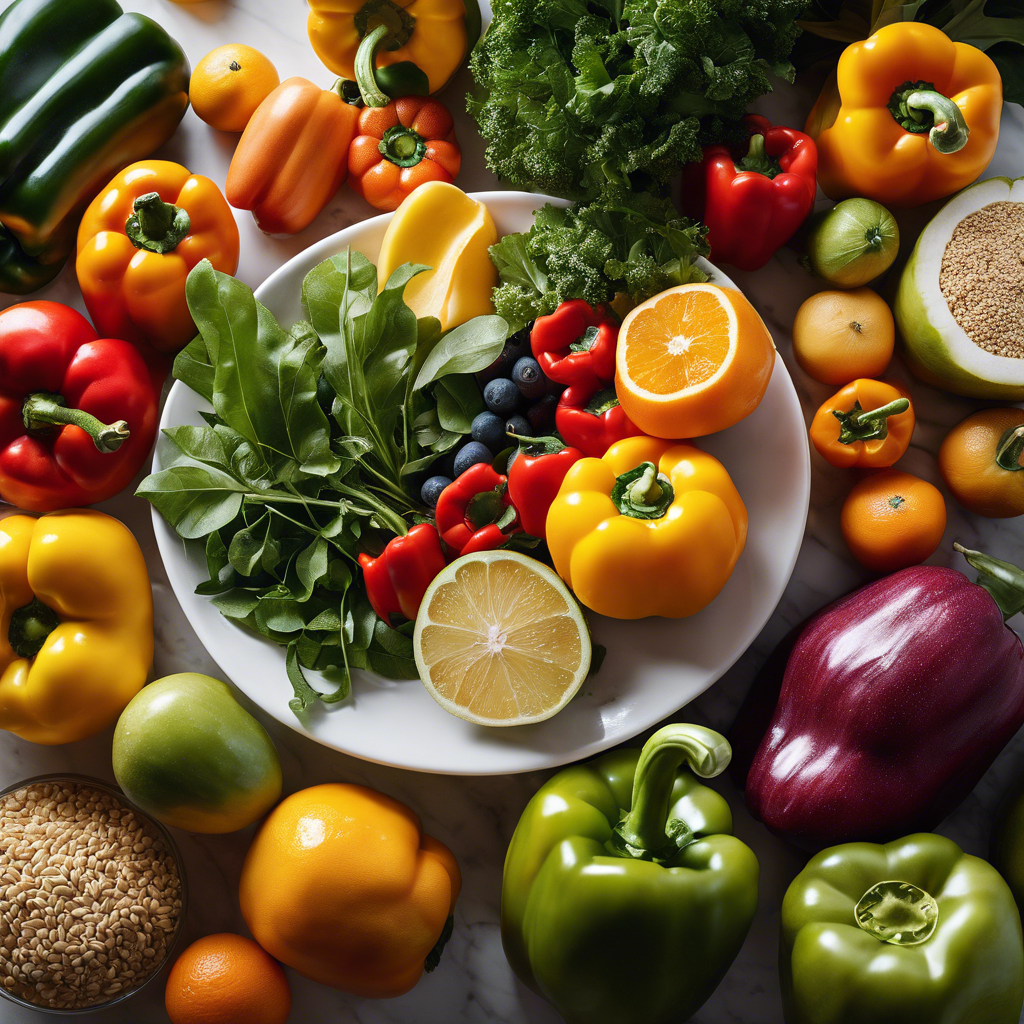Unraveling the Secrets of Modern Food Additives: The Impact on Gut Health


Unraveling the Secrets of Modern Food Additives: The Impact on Gut Health
Introduction
In our modern world, the food we consume has become increasingly processed and packed with a myrage of synthetic additives. While these ingredients may serve to enhance flavor, extend shelf life, or improve the appearance of our food, their impact on our overall health, particularly our gut, is a growing concern. As conscious consumers, it's crucial that we delve deeper into the science behind these additives and understand their potential consequences.
The Gut-Health Connection
Our gut, often referred to as the "second brain," plays a vital role in our overall well-being. It is home to trillions of microorganisms, collectively known as the gut microbiome, which are responsible for a wide range of functions, from immune system regulation to nutrient absorption. When this delicate balance is disrupted, it can lead to a host of health issues, from digestive problems to chronic inflammation.
Common Food Additives and Their Impact
Artificial Sweeteners
Numerous studies have linked the consumption of artificial sweeteners, such as saccharin, aspartame, and sucralose, to an increased risk of gut dysbiosis, or an imbalance in the gut microbiome. A 2014 study published in the journal Nature found that these additives can alter the composition and diversity of gut bacteria, potentially contributing to glucose intolerance and other metabolic disorders [1].
Emulsifiers
Emulsifiers, such as polysorbate 80 and carboxymethylcellulose, are used to improve the texture and mouthfeel of processed foods. However, research suggests that these additives may disrupt the gut barrier, leading to increased intestinal permeability, also known as "leaky gut." This condition has been associated with chronic inflammation and the development of autoimmune diseases [2].
Preservatives
Food preservatives, like sodium benzoate and potassium sorbate, are added to extend the shelf life of processed foods. Unfortunately, these chemicals have been shown to have a negative impact on gut health, potentially altering the gut microbiome and promoting the growth of harmful bacteria [3].
Practical Advice for Consumers
Navigating the complex world of food additives can be daunting, but there are steps you can take to protect your gut health:
-
Read Labels: Become a savvy label reader and familiarize yourself with the common names of food additives. Avoid products that contain artificial sweeteners, emulsifiers, and preservatives.
-
Opt for Whole, Unprocessed Foods: Focus on incorporating more whole, minimally processed foods into your diet, such as fresh fruits, vegetables, lean proteins, and whole grains. These natural, nutrient-dense options are less likely to contain harmful additives.
-
Increase Fiber Intake: Dietary fiber plays a crucial role in maintaining a healthy gut microbiome. Incorporate more fiber-rich foods, such as beans, lentils, berries, and whole-wheat bread, into your daily routine.
-
Diversify Your Diet: Consuming a variety of plant-based foods can help promote a diverse and thriving gut microbiome, which is essential for overall health.
Conclusion
The impact of modern food additives on gut health is a pressing issue that deserves our attention. By understanding the science behind these ingredients and making informed choices about the foods we consume, we can take an active role in supporting our gut health and overall well-being. Remember, a healthy gut is the foundation for a healthier, happier you.
References
[1] Suez, J., Korem, T., Zeevi, D., Zilberman-Schapira, G., Thaiss, C. A., Maza, O., ... & Elinav, E. (2014). Artificial sweeteners induce glucose intolerance by altering the gut microbiota. Nature, 514(7521), 181-186.
[2] Chassaing, B., Koren, O., Goodrich, J. K., Poole, A. C., Srinivasan, S., Ley, R. E., & Gewirtz, A. T. (2015). Dietary emulsifiers impact the mouse gut microbiota promoting colitis and metabolic syndrome. Nature, 519(7541), 92-96.
[3] Licht, T. R., & Bahl, M. I. (2019). Impact of dietary fatty acids on the gut microbiota and human health with a focus on the effects of palmitic, oleic, and conjugated linoleic acids. Frontiers in nutrition, 6, 157.